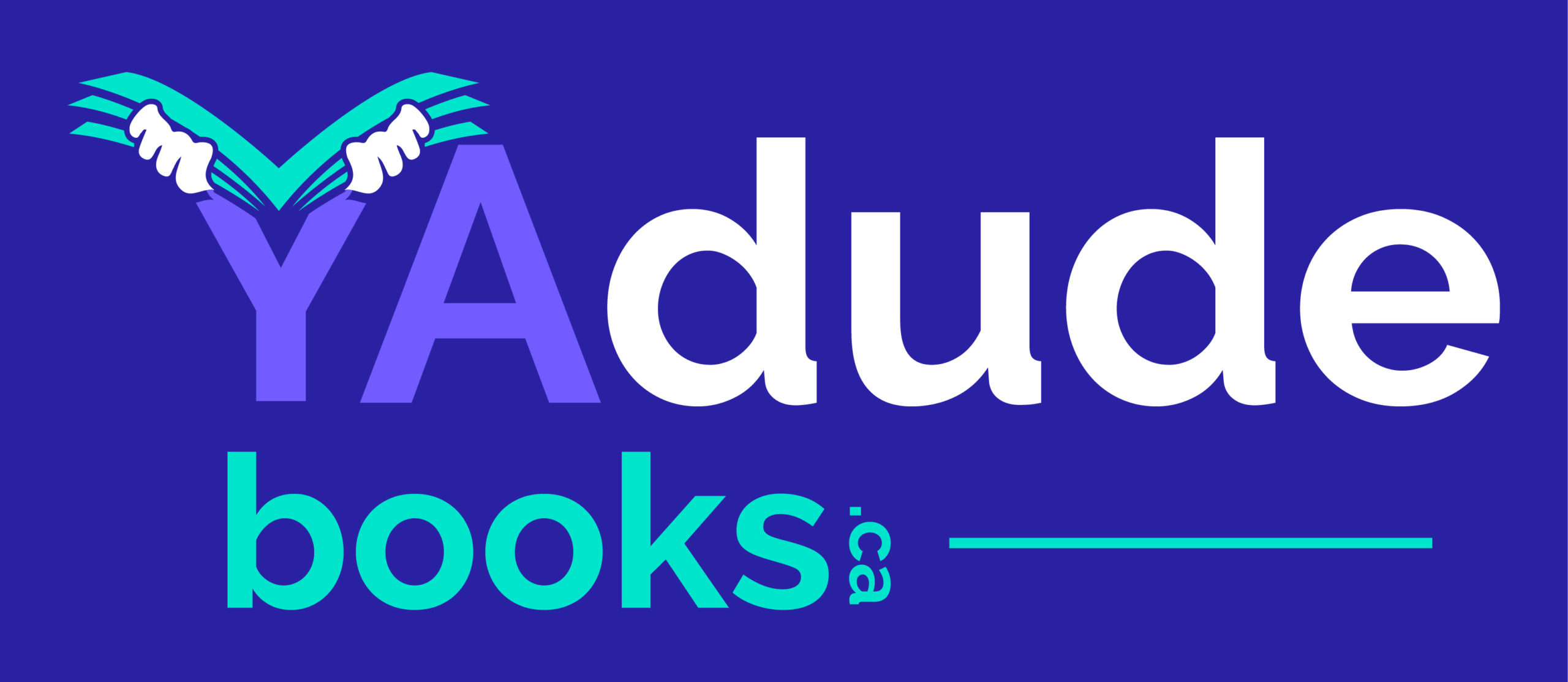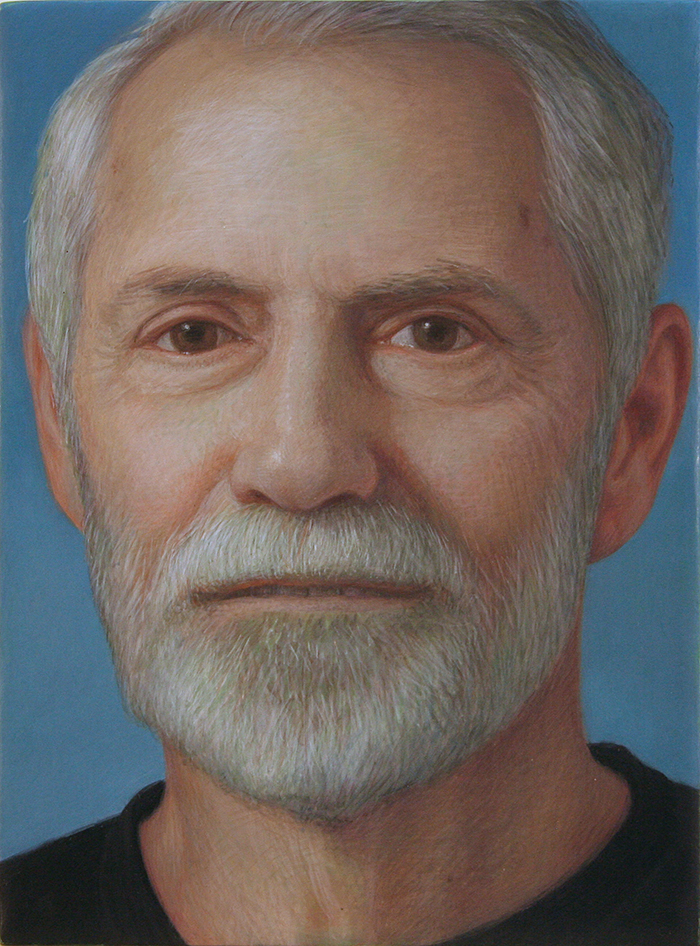Chris Crutcher has written 13 novels (nine critically acclaimed), an autobiography and two collections of short stories. Drawing on his experience as a family therapist and child protection specialist, Chris writes honestly about real issues facing teenagers today: making it through school, competing in sports, handling rejection and failure and dealing with parents. He has won three lifetime achievement awards for the body of his work: the Margaret A. Edwards Award, the ALAN Award and the NCTE National Intellectual Freedom Award.
He was raised in Cascade, Idaho, son of a WW2 pilot-turned-service-station manager. The middle child of three, Chris played football, basketball and ran in high school. After studying psychology and sociology at Eastern Washington State College, he taught in Washington state and northern California.
Chris no longer works as a therapist or child protection advocate, having retired after thirty years. In his personal life, he no longer runs (due to a hip replacement) but swims, plays and listens to music and dreams of the days when he could still play pick-up basketball. He lectures 30 to 40 times a year at schools, universities and conferences across the U.S. and around the world. He has published short stories in seven anthologies and also written an adult suspense novel, The Deep End. His short story “A Brief Moment in the Life of Angus Bethune,” from Athletic Shorts, a collection of his short stories, was made into a major motion picture in the late 1990s. He has also written what he calls an ill-advised autobiography titled King of the Mild Frontier.
Chris lives in Spokane, Washington. His entertaining website, which he does a poor job of keeping up to date is at http://www.chriscrutcher.com/
Q: When did you first start writing, and what prompted that?
A: I started writing seriously in 1981. I’d been working with a lot of kids who had been pushed to the outside for one reason or another and thought there should be more fiction written about them…who they really were and some of the amazing survival skills they had used to keep themselves going.
Q: As a therapist and author, can you generalize about issues boys face, that differ from what girls face?
A: Sure, but generalizations are just that. There are biological differences of course and there are differences in parental and societal expectations.
Q: Do you find yourself gravitating toward male or female main characters more, and are there ways in which one is easier to write than another?
A: I definitely gravitate toward male narrators, because I’m male. I’m more familiar with the inner workings of a male mind than that of a female. I’m comfortable writing both, but I do gravitate more toward a male narrative.
Q: What drives you most as a writer of often gritty, realistic novels – the desire to help kids see themselves, a passion for delving into young people’s lives in ways many other authors don’t, the need personally for a creative outlet?
A: What drives me is to tell the truest story I can and let the reader decide what it means to them. A well written fictional story does help kids see themselves in a truer light. I don’t pay a lot of attention to what other authors do, though I do have my favorites. I read their stories for enjoyment. I don’t compare what I do with what they do, though I do get ideas for story structure etc. reading other authors.
Q: How can reading help teens struggling in their personal lives, and do you have any stories of readers who’ve written to you thanking you for insights gained through your stories?
A: I’m seventy-five years old, have been writing for about forty years, so I have a huge number of letters and emails thanking me for writing certain stories. I think reading helps teens (or anyone else) who are struggling in their personal lives because a book requires the reader to do some of the work, and allows their minds to imagine themselves in some of the situations and to problem solve and to agree or disagree with the actions of the characters.
Q: Who and what do you like to read recreationally, including any favorite authors?
A: I read a lot of non-fiction just to get better informed, and fiction that’s been recommended to me by friends whose taste in literature I share. There are way too many books and authors of several genres to list.
Q: Do you have a new book in the offing?
A: I’m writing a non-fiction book about the people and circumstances from real life that have made it into my fiction, and have two other books in the works, one deadly serious and one as funny as I can make it.

